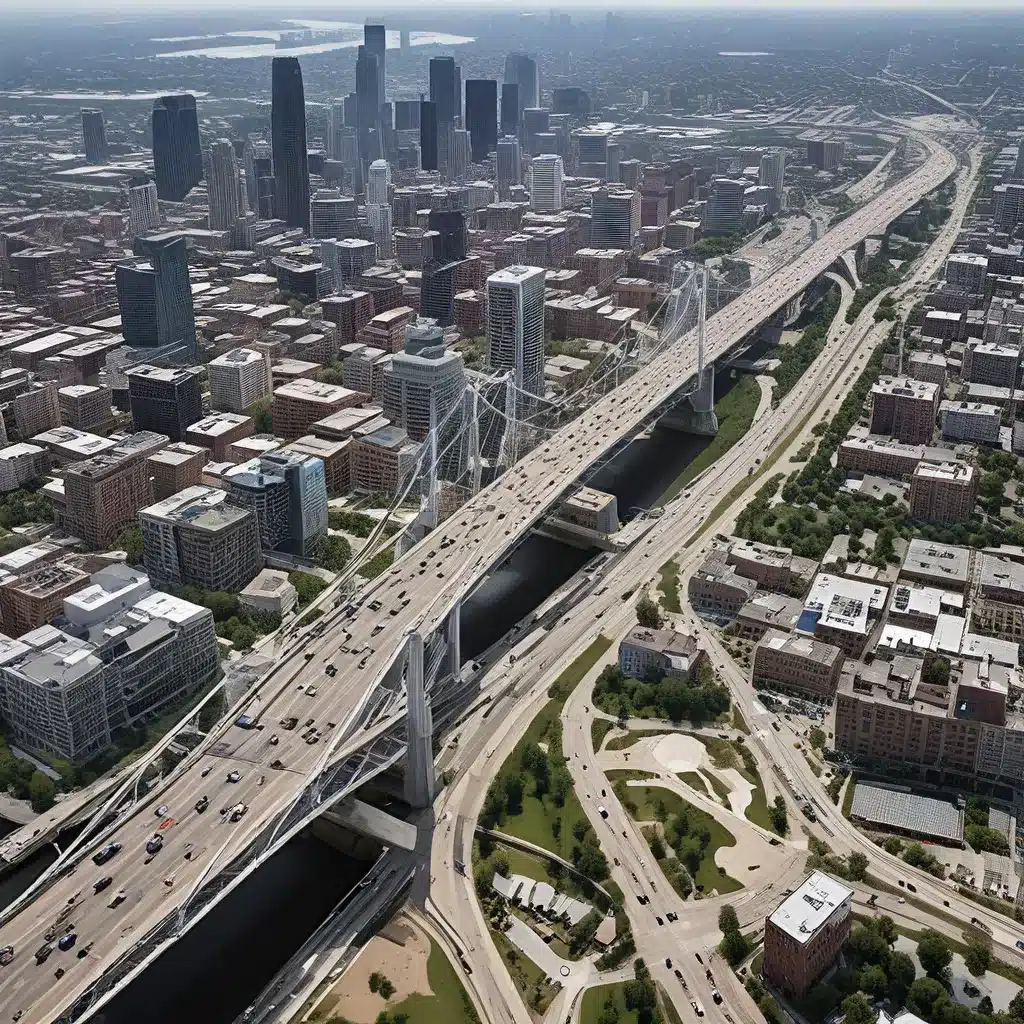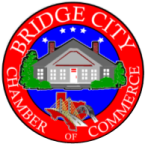
Igniting the Spark of Innovation
It was a chilly autumn evening in Bridge City, but the energy inside the bustling tech incubator was anything but cold. I found myself surrounded by a diverse group of innovators, entrepreneurs, and city officials, all gathered to witness the latest crop of startups pitch their groundbreaking ideas. As I took a seat, I couldn’t help but feel a surge of excitement – this was the epicenter of Bridge City’s thriving tech innovation ecosystem, and I was about to get a glimpse into its inner workings.
The evening began with a rousing introduction from the incubator’s director, who highlighted the city’s commitment to fostering a collaborative and disruptive environment for tech startups. “Here in Bridge City,” she proclaimed, “we don’t just embrace change – we chase it, we challenge it, and we collaborate to create solutions that will transform the world around us.”
Bridging Research, Innovation, and Action
Her words echoed a sentiment I had encountered earlier in my research. According to a recent report from the ICLEI Global Research & Innovation Symposium, cities like Bridge City are at the forefront of a remarkable shift in the way we approach sustainability and climate action. This global event brings together researchers, innovators, and urban practitioners to “catalyze collective action” and “accelerate sustainable urban development.”
As the director continued to speak, I couldn’t help but notice the parallels between Bridge City’s approach and the spirit of the ICLEI Symposium. “We’ve made a conscious decision to bridge the gap between cutting-edge research, innovative solutions, and real-world application,” she explained. “By fostering a collaborative ecosystem, we’re able to transform disruptive ideas into tangible, human-centered innovations that address the challenges of our time.”
Embracing the IPCC’s Call to Action
This commitment to bridging research, innovation, and action is particularly crucial in light of the upcoming IPCC Special Report on Climate Change and Cities (SRCC). As ICLEI Urban Research and Innovation Portfolio holder Professor Diana Ürge-Vorsatz recently emphasized, the SRCC will “tap into the wisdom and exemplary experiences of cities as living laboratories” and “initiate joint research projects” that capture city innovations and “fertilize urban action with IPCC insights.”
For Bridge City, this represents a unique opportunity to showcase its forward-thinking approach to sustainability and climate action. “We’re incredibly excited about the SRCC,” the director shared. “It aligns perfectly with our vision of using disruptive thinking and collaborative solutions to drive transformative change. We’re ready to share our learnings and partner with researchers to accelerate sustainable urban development.”
Igniting the Flame of Disruptive Innovation
As the evening progressed, I had the chance to engage with several of the startups pitching their ideas. From a cutting-edge urban agricultural system that could transform city landscapes to a decentralized energy platform harnessing the power of blockchain, the diversity and ingenuity on display was truly inspiring.
What struck me most, however, was the unwavering commitment of these entrepreneurs to creating solutions that went beyond mere optimization. As one founder explained, “We’re not just looking to tweak the existing system – we’re aiming to redefine it, to challenge the status quo and build something entirely new that puts people and the planet first.”
This sentiment echoed the sentiments expressed in the ICLEI Symposium’s plenary on “Agenda-Setting and Human-Needs-Centered Innovation.” The speakers had emphasized the importance of “disruptive technologies and pioneering solutions that redefine systems beyond mere optimization” as essential for driving the “systemic transformation toward a sustainable future.”
Catalyzing Collaborative Solutions
As the evening drew to a close, I found myself reflecting on the remarkable synergy between Bridge City’s tech innovation ecosystem and the broader global movement to accelerate sustainable urban development. It was clear that this city was not content to simply ride the wave of change – it was actively shaping it, leveraging its position as a “living laboratory” to pioneer bold, collaborative solutions.
And the momentum doesn’t seem to be slowing down anytime soon. Earlier this year, the UNFCCC confirmed that this year’s Regional Climate Weeks, including the Latin America and Caribbean edition, have seen an “unprecedented line-up of events” as cities rally to drive climate action.
As I made my way out of the incubator, I couldn’t help but feel a sense of optimism for the future of Bridge City and the countless other urban centers around the world that are embracing disruptive thinking and collaborative solutions. After all, as the ICLEI director had so eloquently stated, “Cities will play a crucial role over the next couple of years as we see an increasing focus on catalyzing action through cities both at the IPCC and the UNFCCC as key to addressing climate change.”
And if Bridge City’s tech innovation ecosystem is any indication, the future is looking brighter than ever. I, for one, can’t wait to see what this vibrant city will do next.


